
5 pledge makers ending gender norms, discrimination and child labour
It’s time to recognize the equal worth of girls and boys and counter gender bias for certain types of work
We’re highlighting some of the 2021 Action Pledges we’ve received. Get inspired by these short stories about how governments, UN agencies, NGOs, universities, organizations, tripartite partners, and many more are joining the global movement for children.
Is there a gender divide in child labour?
Gender roles often determine the type, conditions and hours of work performed by children. Girls in child labour are much more likely to be in services, including domestic work, and boys are more prone to be in industry.
The 2021 Global Estimates on Child Labour show that child labour prevalence is nearly one third higher for boys than for girls.
However, when we expand the definition of child labour to include involvement in household chores (more than 21 hours per week) – an area in which girls shoulder a disproportionate burden of the work in most societies – that number changes drastically. The prevalence of child labour increases for both girls and boys, but the rise in child labour for girls is much larger.
What are the dangers of domestic work?
Girls usually do domestic work and unpaid chores at home or in other family’s homes, a burden that increases during school closures (due to COVID-19, for example). This form of child labour is hidden from public view and leaves children vulnerable to gender-based violence and abuse.
What can we do about it?
To counter the risks faced by children engaged in domestic work, we need explicit laws, enforcement mechanisms, and child protection interventions. Social and public works programmes can help prevent gender-based violence and abuse. And community-based dialogue, social and behavioral change interventions, and parenting programmes should recognize the equal worth of girls and boys and tackle harmful gender norms.
Here’s what some of our pledge makers are doing:
Work: No Child’s Business (WNCB)
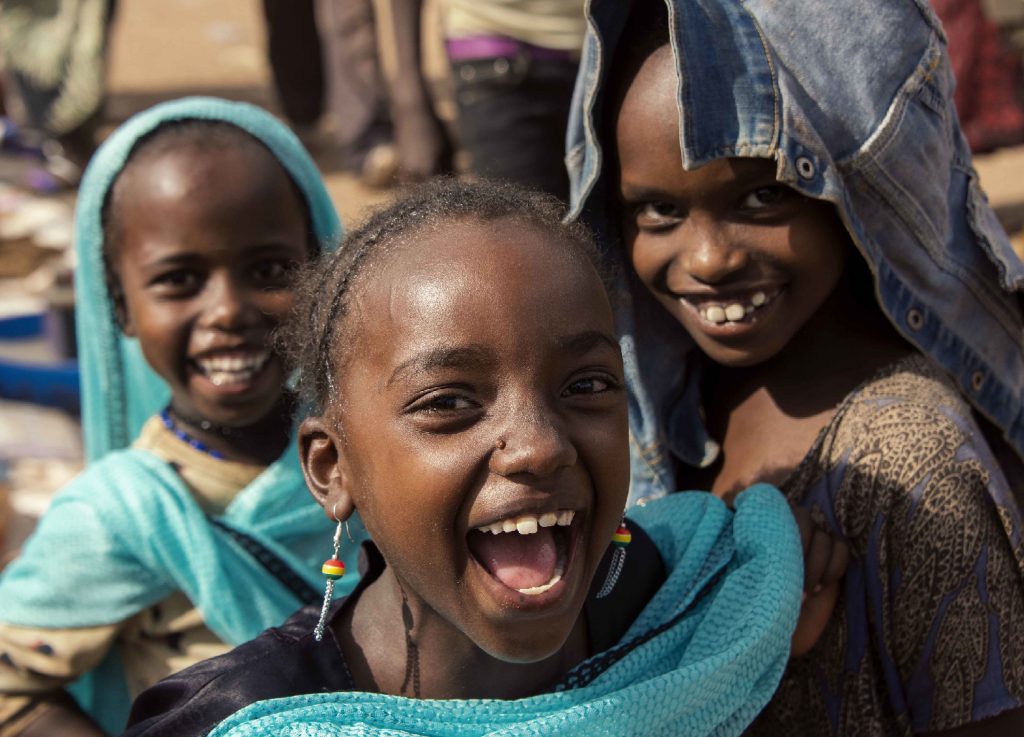
Work: No Child’s Business (WNCB) is an organization based in the Netherlands.
Its 2021 Action pledge aims to boost families’ economic empowerment and reintegrate children into formal schools and vocational training institutions. WNCB will monitor the situation, assess interventions, and accelerate action.
“Empowered communities stand up for their right to education, future employability, decent living and working standards within safe and enabling environments.”
Throughout the year, WNCB will seek to mitigate the negative effects of COVID-19, tackle root causes of child labour, and mobilize resources and stakeholders to achieve sustainable change for children and their families.
Tundra Fonder
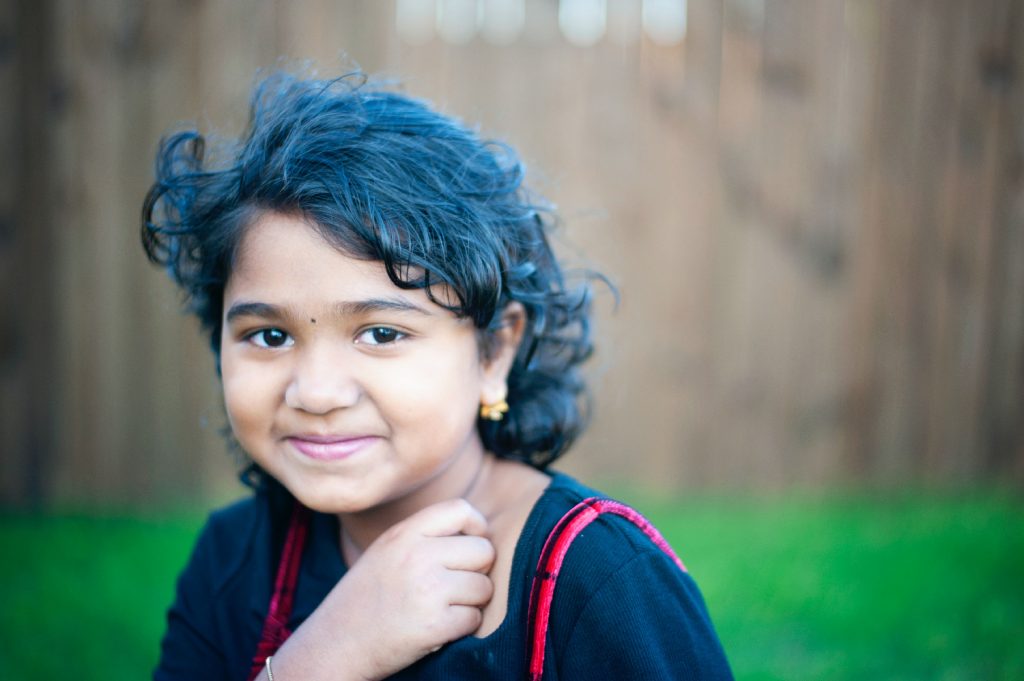
Tundra Fonder is a private entity based in Sweden.
Its 2021 Action Pledge aims to raise awareness among companies in frontier and early emerging markets about the importance of educating children and keeping them in school.
“Collaborations across borders and cultures are essential to ending child labour. By demanding increased transparency and action from businesses, we will make the societies where they operate safer places for children.”
Throughout the year, Tundra Fonder will organize events and webinars on decent work, supply chains, child abuse and exploitation, gender equality, work-life balance, and more. Efforts will be communicated through reports, feedback to companies, and engagement with stakeholders.
Alliance Against Trafficking in Women and Children in Nepal (AATWIN)
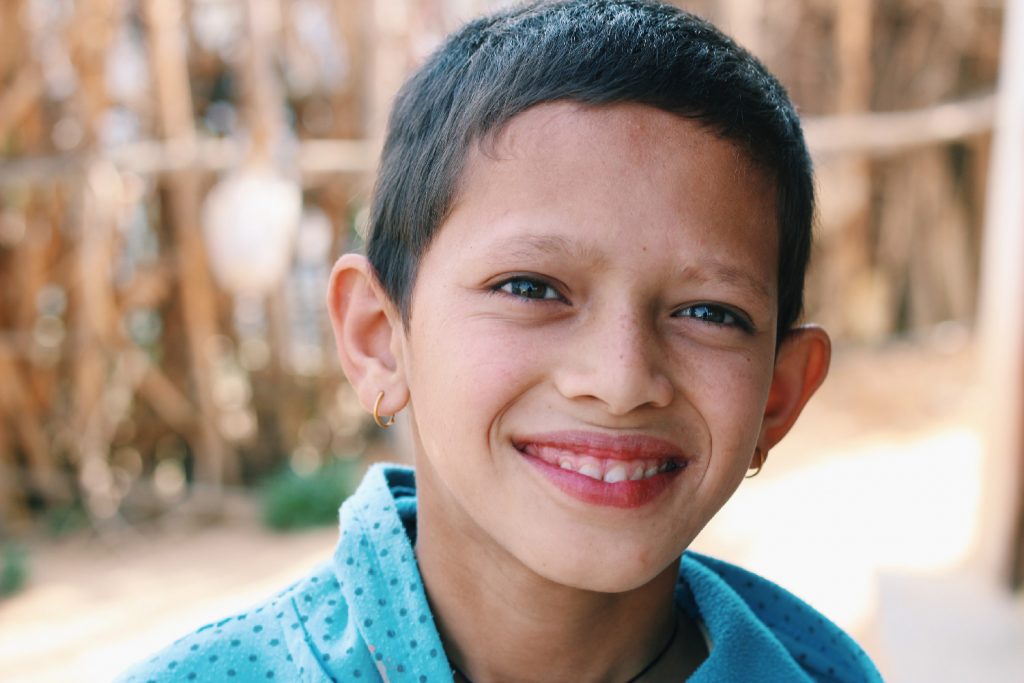
Global Fairness Initiative Nepal is an organization based in Nepal.
Its 2021 Action Pledge aims to transform the brick industry in Nepal by eliminating child, forced and bonded labour. The organization will hold sensitization workshops for local government officials and labour inspectors, implement an audit committee to monitor child labour, and raise awareness within the community, including women’s groups and youth clubs.
“We intend to conduct capacity building and sensitization workshop for selected local and provincial level government officials, labour inspectors, parliament members to enhance the monitoring and enforcement capacity for labour compliances and self/energy auditing of the kiln and also for the provision related to the declaration of child labour free/labour friendly local level.”
Throughout the year, the organization will work at the local level in three municipalities to monitor, respond to and eliminate child labour.
Global Fairness Initiative
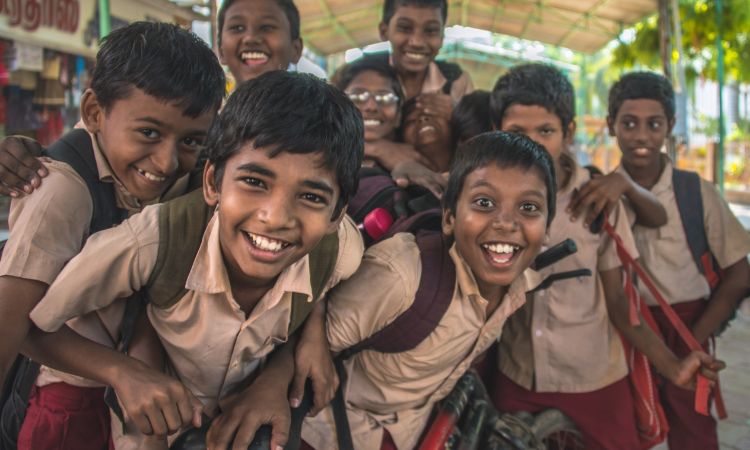
Global Fairness Initiative Nepal is an organization based in Nepal.
Its 2021 Action Pledge aims to transform the brick industry in Nepal by eliminating child, forced and bonded labour. The organization will hold sensitization workshops for local government officials and labour inspectors, implement an audit committee to monitor child labour, and raise awareness within the community, including women’s groups and youth clubs.
“We intend to conduct capacity building and sensitization workshop for selected local and provincial level government officials, labour inspectors, parliament members to enhance the monitoring and enforcement capacity for labour compliances and self/energy auditing of the kiln and also for the provision related to the declaration of child labour free/labour friendly local level.”
Throughout the year, the organization will work at the local level in three municipalities to monitor, respond to and eliminate child labour.
Uganda
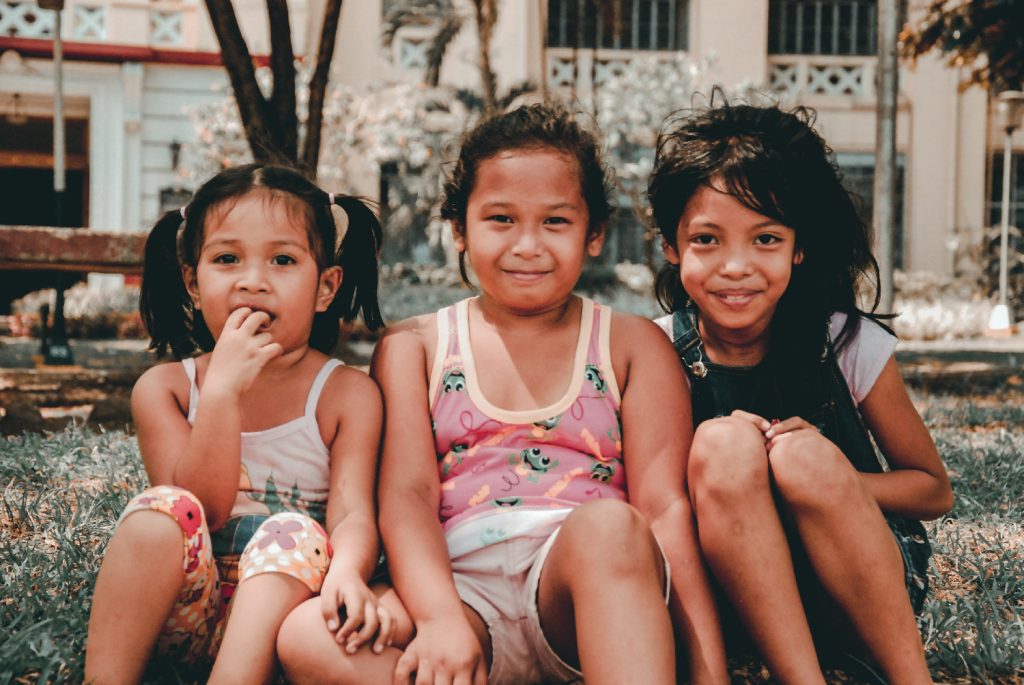
Uganda’s Ministry of Gender, Labour and Social Development is a government institution.
Its 2021 Action Pledge aims to launch and operationalize the Uganda National Action Plan (NAP) for the elimination of child labour. The overall goal is to ensure that all households, communities, and sectors in Uganda are free from child labour.
“Our 2021 Action Pledge will be operationalized by instituting a National Steering Committee (NSC) that will be multi-sectoral and will spearhead and coordinate advocacy against child labour, guiding and overseeing all child labour elimination interventions stipulated by the National Action Plan (NAP) for the elimination of child labour.”
Throughout the year, Uganda will review and launch the NAP, implement a National Steering Committee, conduct scoping of activities, carry out inspections, and create awareness-raising campaigns.